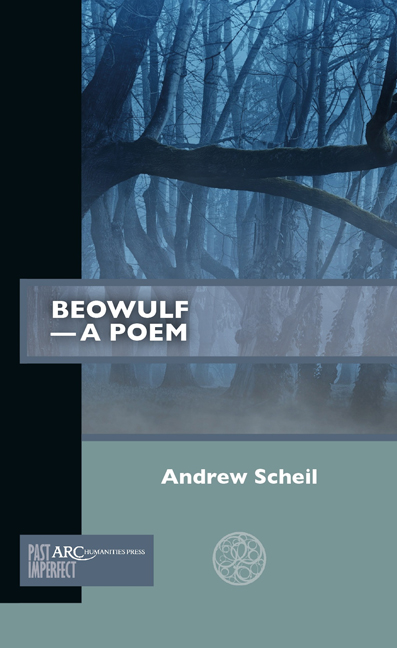Summary
Let us recap where we have come so far in my claim that Beowulf is a moving work of art, to be read and admired because it is a profoundly humanist poem. In Chapter 1, I asserted that doubt permeates Beowulf; and doubt is an essential element of any humanist enterprise. Chapter 2 showed that the poem is also fascinated by the contingent aspect of human events, a logical complement to doubt. Chapter 3 now takes us one step further: if the poem represents the human presence as defined by doubt in the face of emergent occasions, how does the poem then more deeply try to understand that dilemma? The answer is: as tragedy.
“Tragedy” is a notoriously complex and fraught term in literary study, but let me summarize here my view of Beowulf as humanist tragedy in the pages to come. The contingent nature of events reveals a basic humanist problem: the prospect that human beings exist, and often suffer, on their own in an unjust and capricious world. Beowulf expresses this dilemma through the literary mode we have come to call tragedy; tragedy represents the human presence suffering at the epicentre of large, contending impersonal forces. There have been many critical readings of the poem focused on Beowulf or Hrothgar or other characters as tragic, but a certain line of criticism has seen the tragic vision of the poem as embodied in the female characters, and I develop that tradition here. I am not arguing that the poem is exclusively tragic; Chapter 4 will move us in a somewhat different direction. Also, this is not an argument about genre: I am not saying the poem should be “classified” as a tragedy. Beowulf is too heterogenous a composition to submit to any one label. Beowulf is a humanist poem in that it deploys the mode of tragedy strategically, in carefully focused ways, as part of its multiple attempts to understand the human story.
So, this chapter will focus on tragedy and the women of Beowulf. Casual readers sometimes knock Beowulf for its lack of “central” or “strong” female character, but one cannot judge importance in a work of art simply by measuring the length of roles.
- Type
- Chapter
- Information
- Beowulf—A Poem , pp. 59 - 78Publisher: Amsterdam University PressPrint publication year: 2022



